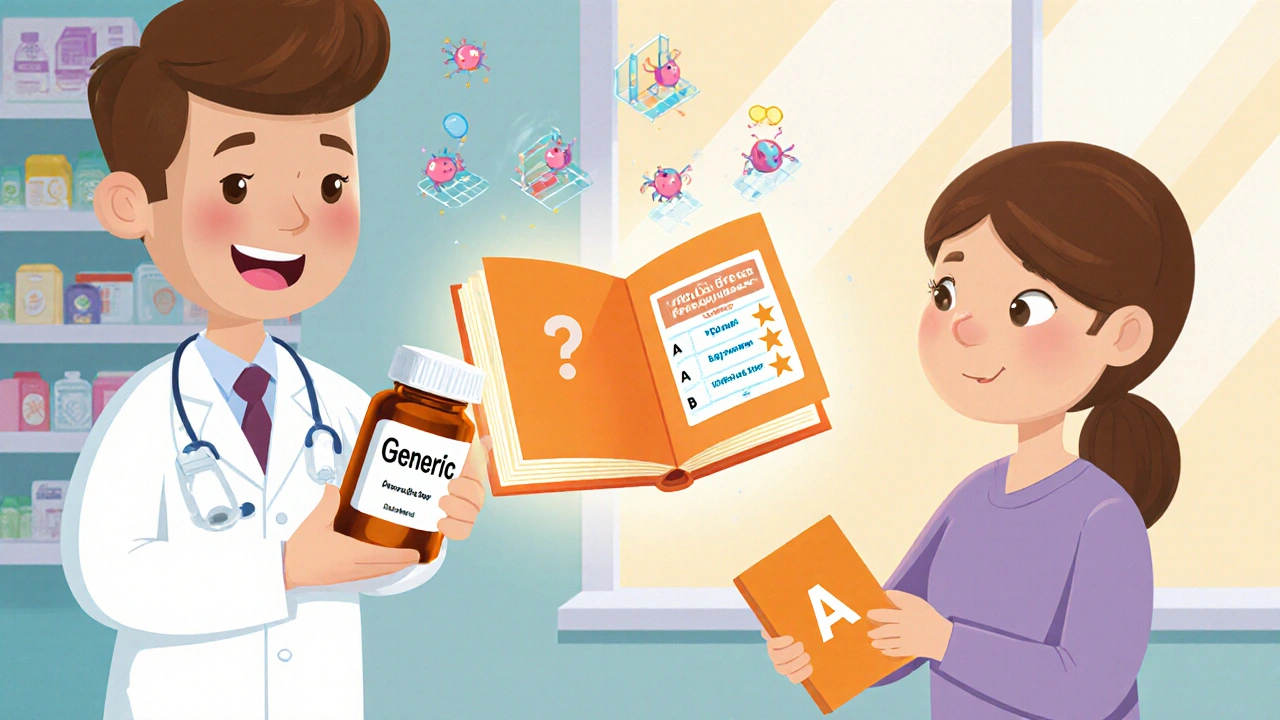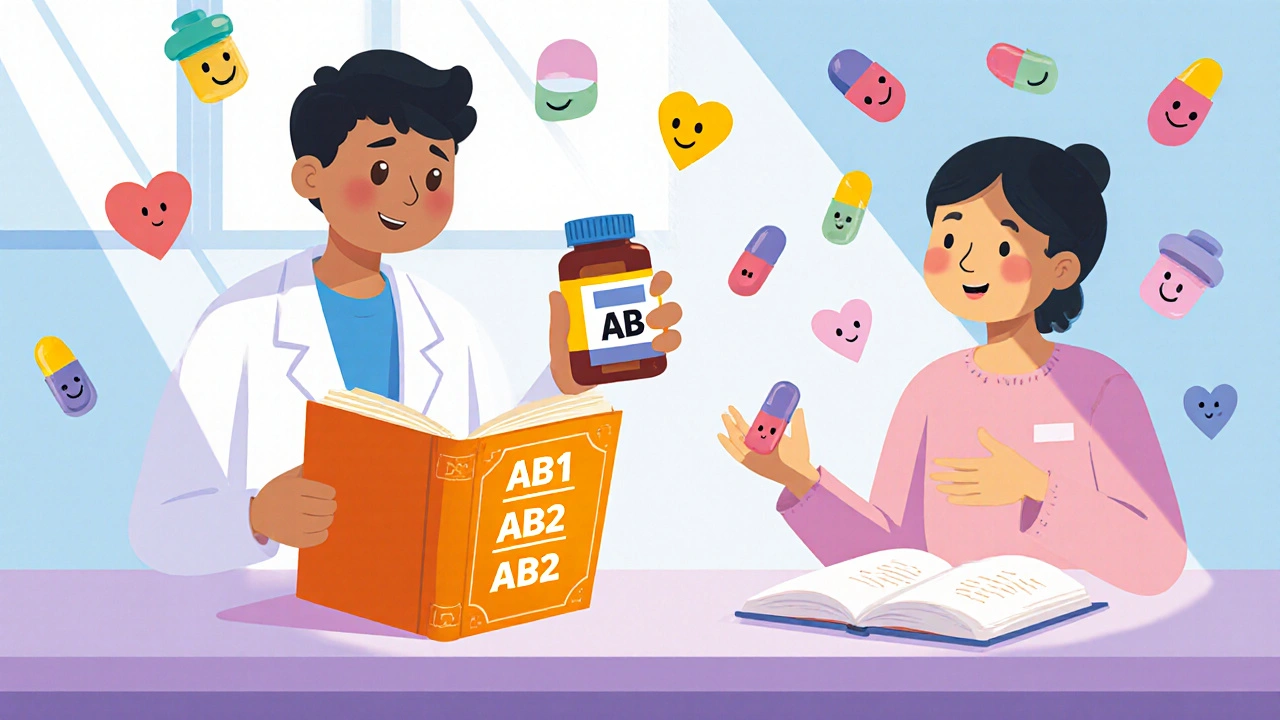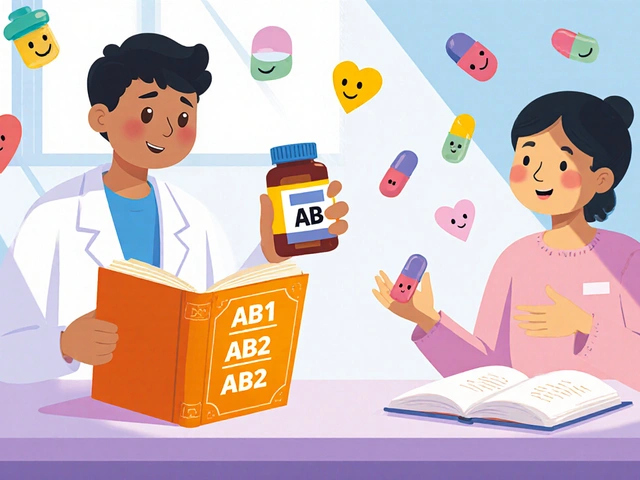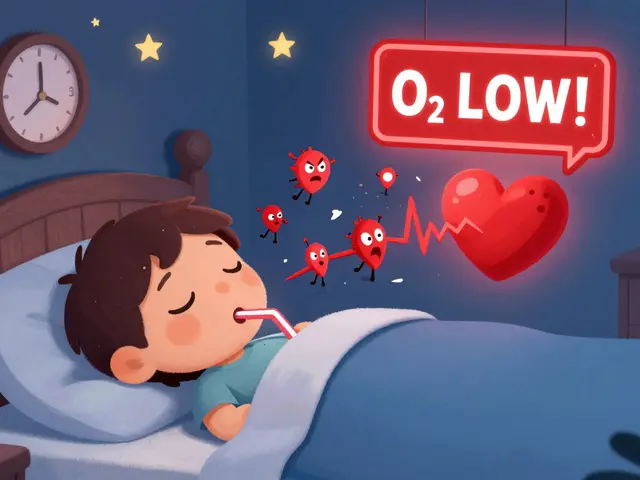Orange Book: What It Is and Why It Matters for Generic Drugs
When you pick up a generic pill at the pharmacy, you might assume it’s just as good as the brand-name version. But how do you know for sure? That’s where the Orange Book, the FDA’s official publication listing approved drug products with therapeutic equivalence evaluations. Also known as Approved Drug Products with Therapeutic Equivalence Evaluations, it’s the behind-the-scenes rulebook that tells pharmacists and doctors which generics can safely swap for brand-name drugs. It’s not a flashy website or a public health campaign—it’s a dry, technical list. But if you’re on a chronic medication like warfarin, methotrexate, or a blood pressure pill, this list directly impacts your safety.
The Orange Book doesn’t just say "this generic works." It ranks drugs by therapeutic equivalence. For most medications, that’s fine—your body won’t notice the difference. But for narrow therapeutic index (NTI) drugs, like those used for epilepsy, thyroid disorders, or heart rhythm problems, even tiny differences in how the body absorbs the drug can lead to serious side effects or treatment failure. That’s why the Orange Book flags these drugs with special codes. If your doctor prescribes a drug with a narrow window for safety, you need to know if your generic is truly interchangeable—or if you need to stick with the same brand every time.
The FDA updates the Orange Book daily. New generics get added. Older ones get pulled. Patents expire. Bioequivalence studies get reviewed. This isn’t static data—it’s a living record of drug competition and safety. If you’re tracking recalls like the Valsartan-Hydrochlorothiazide alert, or wondering why your pharmacist switched your medication without warning, the Orange Book holds the answer. It’s also why some generics cost less than others—even if they’re the same active ingredient. Not all generics are created equal in the eyes of the FDA, and this book tells you which ones you can trust.
What you’ll find below are real stories from people managing complex drug regimens. From therapeutic drug monitoring for NTI generics to avoiding grapefruit with statins, these posts don’t just talk about medications—they show you how to navigate the system that approves them. Whether you’re worried about metoclopramide side effects, mixing beta-blockers with calcium channel blockers, or buying generic Wellbutrin online, the Orange Book is the foundation. These articles help you ask the right questions, spot red flags, and take control of what’s in your medicine cabinet. You’re not just reading about drugs—you’re learning how to read the rules that govern them.





